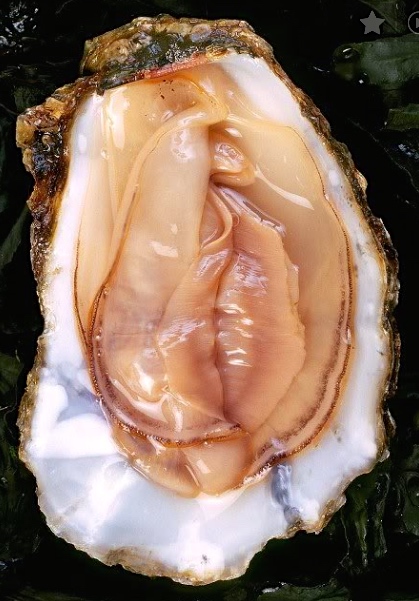The latest ad from the Daily Jocks company, with a caption:
The head-scratcher
He didn’t know
Where he was or
How he got there;
Last he remembered,
He was rocking to
“El Bimbo” at the
Blue Oyster Bar, in his
Pink and blue jockstrap,
With a really
Hot
Sweaty
Stud
Who called him
Sugar
Some notes:
Ad copy from Jocks:
Get the blood pumping with the all new Sugar Rush Collection from PUMP!
Made from quality micromesh and cotton fabric, each pair will help keep you cool while still giving you full support.
Available in jock and jogger in a funky pink and blue color combo!
Then the Blue Oyster Bar — the gay leather bar in the Police Academy films (link), where the guys dance to the song “El Bimbo” (played by Jean-Marc Dompierre and his orchestra); a Blue Oyster Bar scene can be viewed here. El Bimbo would of course refer to a male bimbo, otherwise known (by portmanteauing) as a himbo or mimbo: good-looking, buffed, focused on his grooming and his body, not very bright, and inclined to be a slut. In another variant, he’s a bimboy, as in the 2015 book Becoming the Bimboy, a male/male romance by Lance Abrusco:
But why Blue Oyster Bar? Well, the color blue has been associated with gay men, as in the (now-deceased) gay pornographic magazine Blueboy:
(plus the use of blue to refer to material with sexual or pornographic content).
Then there’s the rock band Blue Öyster Cult, but I don’t see any gay male association there, so it probably just contributed the words blue and oyster to the bar name.
As for oysters, they’ve been associated with virility since ancient times, no doubt because of the similarity in appearance of oysters and vulvas:
Now this is easily seen as a vulva, but it can also be seen as a (moderately complex) anus, and gay men are in any case inclined to view the male anus as a sexual organ, analogous to a vagina (with the vulva as its external part). That makes Blue Oyster a moderately subtle name for a gay bar, less blunt than, say Manhole or Tool Box.
(More common as symbolic of both vulvas and anuses are flowers, in particular roses.)



